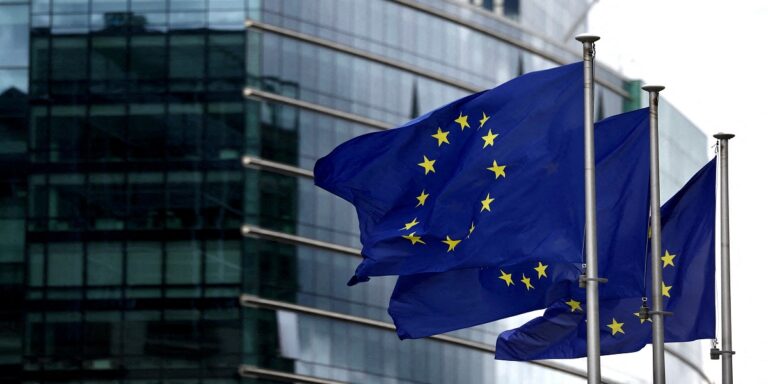On July 24, 2024, the Azerbaijani government announced substantial increases in the excise tax rates for e-cigarettes and related products. These changes are part of broader amendments to the “Excise Tax Rates on Taxable Goods Imported into the Republic of Azerbaijan.”
Details of the Excise Tax Increase
Heated Tobacco Products
The excise tax rate for heated tobacco products, including those containing tobacco or reconstituted tobacco, will rise from 14 manat to 16 manat per 1,000 units. This represents an increase from approximately $8.24 to $9.41 per 1,000 units.
Disposable E-Cigarettes and Related Products
The most significant change affects disposable e-cigarettes, hookahs, and their substitutes. The excise tax for these products will increase from 0.25 manat to 2 manat per unit, equivalent to a rise from about $0.15 to $1.18 per unit. This change marks an eightfold increase in the excise tax rate for e-cigarettes.
Implementation Timeline
The amendments, approved by the Azerbaijani Cabinet, will come into effect 30 days after their publication, according to the news source Novoye-vremya.
Impact on the Market
Price Increases
The substantial rise in excise taxes is expected to lead to higher market prices for e-cigarettes and related products. Retailers will likely pass on these increased costs to consumers, making these products significantly more expensive.
Market Dynamics
The increase in prices may affect consumer demand, potentially reducing the consumption of e-cigarettes and heated tobacco products. This shift could impact the local e-cigarette market, influencing both sales volumes and revenue.
Consumer Behavior
Higher prices may lead some consumers to seek alternative products or potentially drive them to purchase from unregulated sources, increasing the risk of consuming unsafe products.
Broader Implications
Government Revenue
The primary aim of the excise tax increase is to boost government revenue. Higher taxes on tobacco products are a common strategy for increasing public funds, which can be allocated to various public health and social programs.
Public Health Goals
By making tobacco products more expensive, the government aims to discourage consumption, particularly among young people and low-income populations. Higher prices can be an effective deterrent, contributing to broader public health objectives.
Industry Response
Businesses in the tobacco and e-cigarette industry may need to adapt their strategies in response to the tax increase. This could involve re-evaluating pricing, exploring cost-cutting measures, or shifting focus to different product lines.
Comparative Analysis: Global Trends
International Taxation Strategies
Many countries have implemented high excise taxes on tobacco products to achieve similar objectives of reducing consumption and increasing government revenue. Azerbaijan’s approach aligns with global trends in tobacco control and taxation.
Effectiveness of Tax Increases
Studies from various countries show that significant tax increases on tobacco products can lead to decreased consumption and improved public health outcomes. Azerbaijan’s new tax rates are expected to follow this trend.
Public and Industry Reactions
Consumer Concerns
Consumers may express concerns about the affordability of e-cigarettes and related products. Public awareness campaigns may be needed to explain the rationale behind the tax increases and their benefits for public health.
Industry Challenges
The e-cigarette and tobacco industries may face challenges related to declining sales and the need to comply with the new tax regulations. Businesses will need to navigate these changes carefully to maintain market presence and profitability.
Future Outlook and Adjustments
Monitoring and Evaluation
The Azerbaijani government will likely monitor the impact of the tax increases on both consumption patterns and revenue. Adjustments may be made based on the observed outcomes to ensure the desired objectives are met.
Potential Policy Revisions
If the tax increases lead to significant market disruption or unintended consequences, the government may consider policy revisions. Ongoing dialogue with industry stakeholders and public health experts will be crucial for informed decision-making.
Conclusion
Azerbaijan’s decision to significantly increase excise taxes on e-cigarettes and related products reflects a strategic move to enhance public health and boost government revenue. As these new tax rates take effect, their impact on the market, consumer behavior, and industry dynamics will be closely watched. The government’s commitment to these measures underscores its dedication to reducing tobacco consumption and improving public health outcomes.
FAQs
What is the new excise tax rate for heated tobacco products in Azerbaijan?
The excise tax rate for heated tobacco products will increase from 14 manat to 16 manat per 1,000 units, equivalent to an increase from approximately $8.24 to $9.41 per 1,000 units.
How much will the excise tax for disposable e-cigarettes increase?
The excise tax for disposable e-cigarettes will rise from 0.25 manat to 2 manat per unit, representing an eightfold increase from about $0.15 to $1.18 per unit.
When will the new tax rates take effect?
The new tax rates will come into effect 30 days after their publication.


















